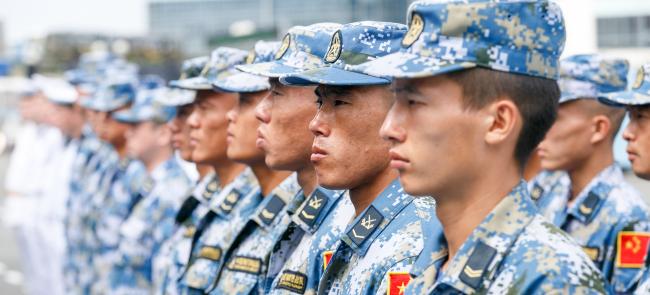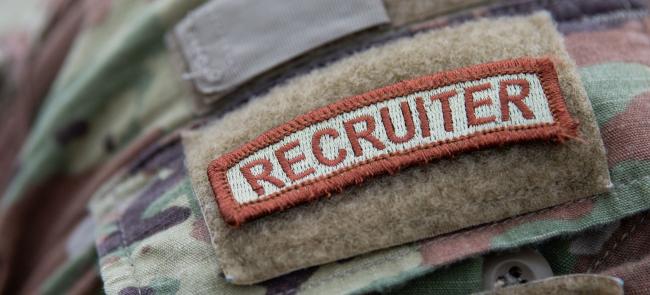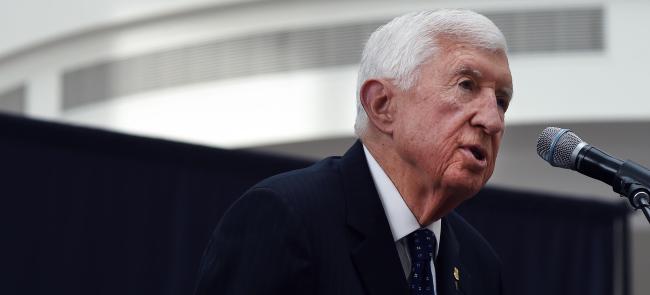
Civilian employers remain generally supportive of their employees who serve in the National Guard and Reserves, but some challenges persist, according to a report released by the RAND Corporation last year.
"The success of the reserve component relies on a cadre of service members to balance military and civilian careers and their civilian employers to support them in that balancing act," the report said.
"Though employers acknowledge that military obligations can pose challenges, a solid majority of employers in 2022 agreed or strongly agreed that the advantages of employing RC members outweigh the disadvantages," it added.
RAND is a think tank based in Santa Monica, California. The military services often employ the corporation to conduct research.
The 2022 DoD National Survey of Employers was among the sources cited in the report. RAND also reviewed Defense Department policies and interviewed employers and drill-status Guardsmen and Reservists.
Most employers support their Guard and Reserve employees, according to data and interviews.
"Once a civilian employer understands what it entails, they’re supportive," one Soldier said. "They’re just glad to have a leader, good worker. Guardsmen take on leadership, and employers just have to deal with [military-related absences]."
Some difficulties stemming from deployment absences remain, including "costs of continuing to pay for health care, effects of lengthy absences and time off from work, but employers widely agreed that the advantages of their reservist employee outweighed any negatives," the report found.
There are also "friction points," according to the report. They include "insufficient advance notice of the timing and duration of upcoming duty and insufficient information about when an activation will end."
Employers also described challenges with identifying DoD points of contact who can answer duty-related questions when a Guardsman or Reservist is activated.
The Uniformed Services Employment and Reemployment Rights Act, which provides Guardsmen and Reservists with reemployment rights after a duty-related absence, can be another challenge.
The "requirements and limitations of USERRA protections are complicated and can be opaque to employers," the report found.
Though Guardsmen and Reservists reported mostly positive employer experiences, some interviewees reported missing promotion opportunities, employer tension and burnout.
"It is a balancing act," said one Army Guard warrant officer. "I can’t say yes to everything the Army asks me to do and can’t say yes to everything [my civilian employer] is asking."
The report recommends improved communication between DoD and Guard and Reserve employers.
"DoD could … [establish] an information navigator program or portal," the report found. "This resource could include not only general information related to Reserve Component member employment … but also information about a specific RC member’s military duty."
"DoD should reevaluate what information can be provided to employers about military duty after operational security and privacy considerations are considered," it continued.
The report — "Understanding and Improving Civilian Employer Experiences with Guard and Reserve Duty — is available here.
— By John Goheen












